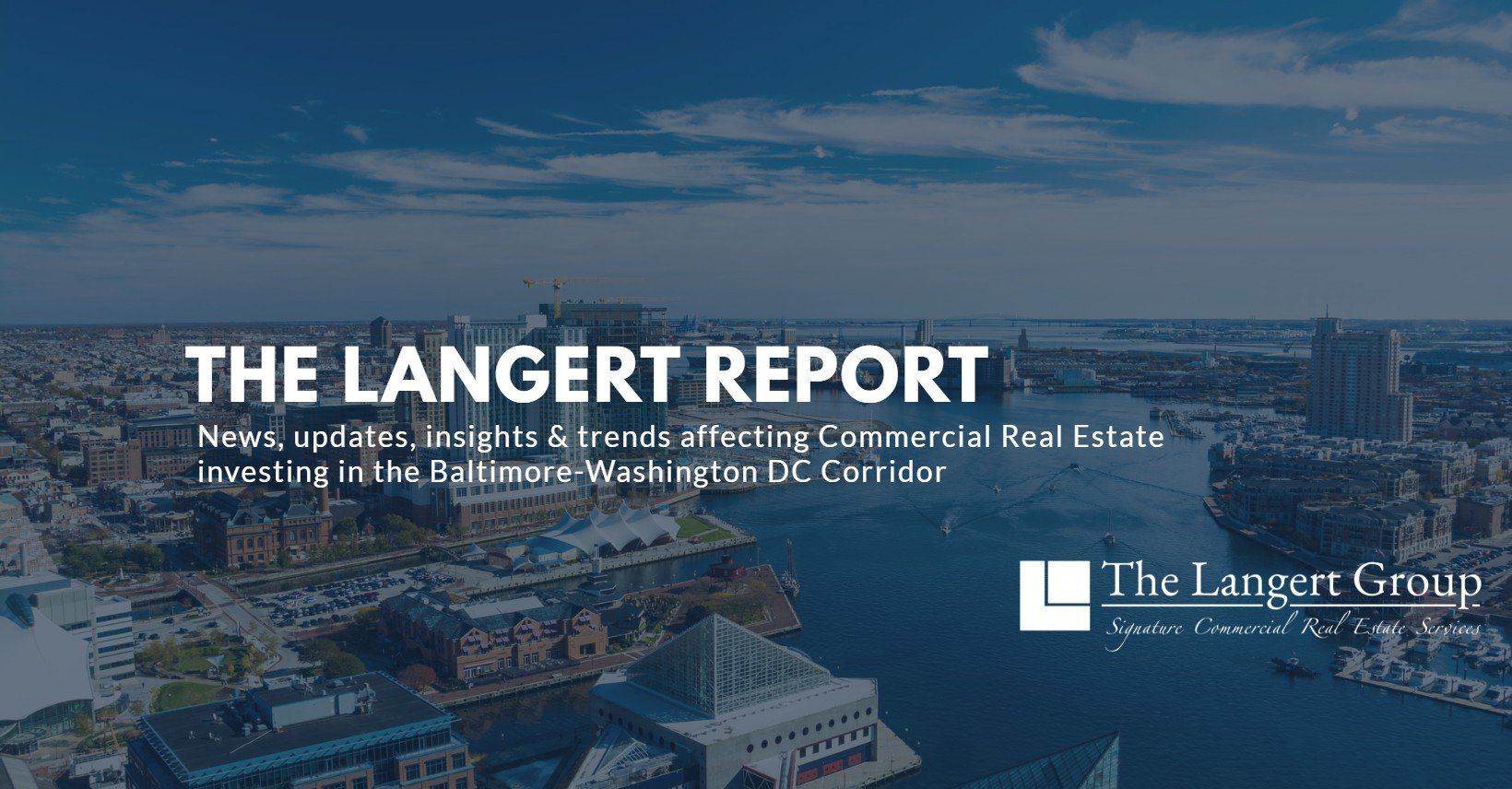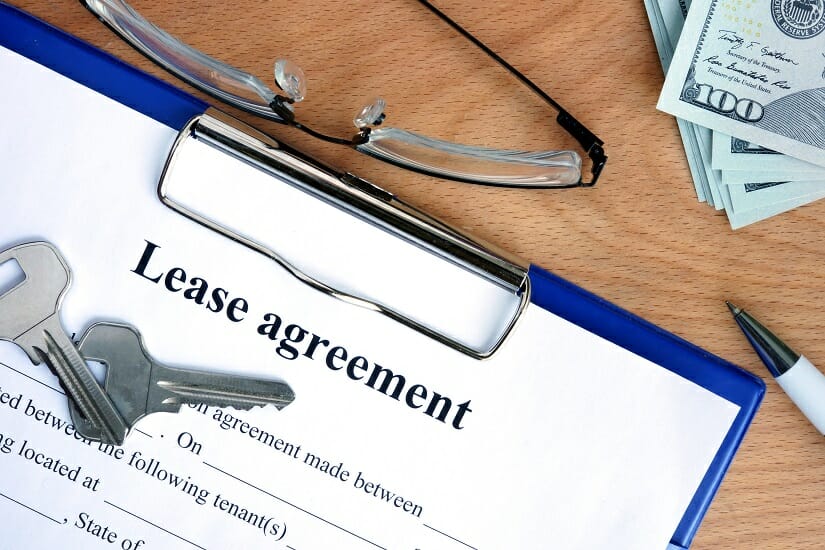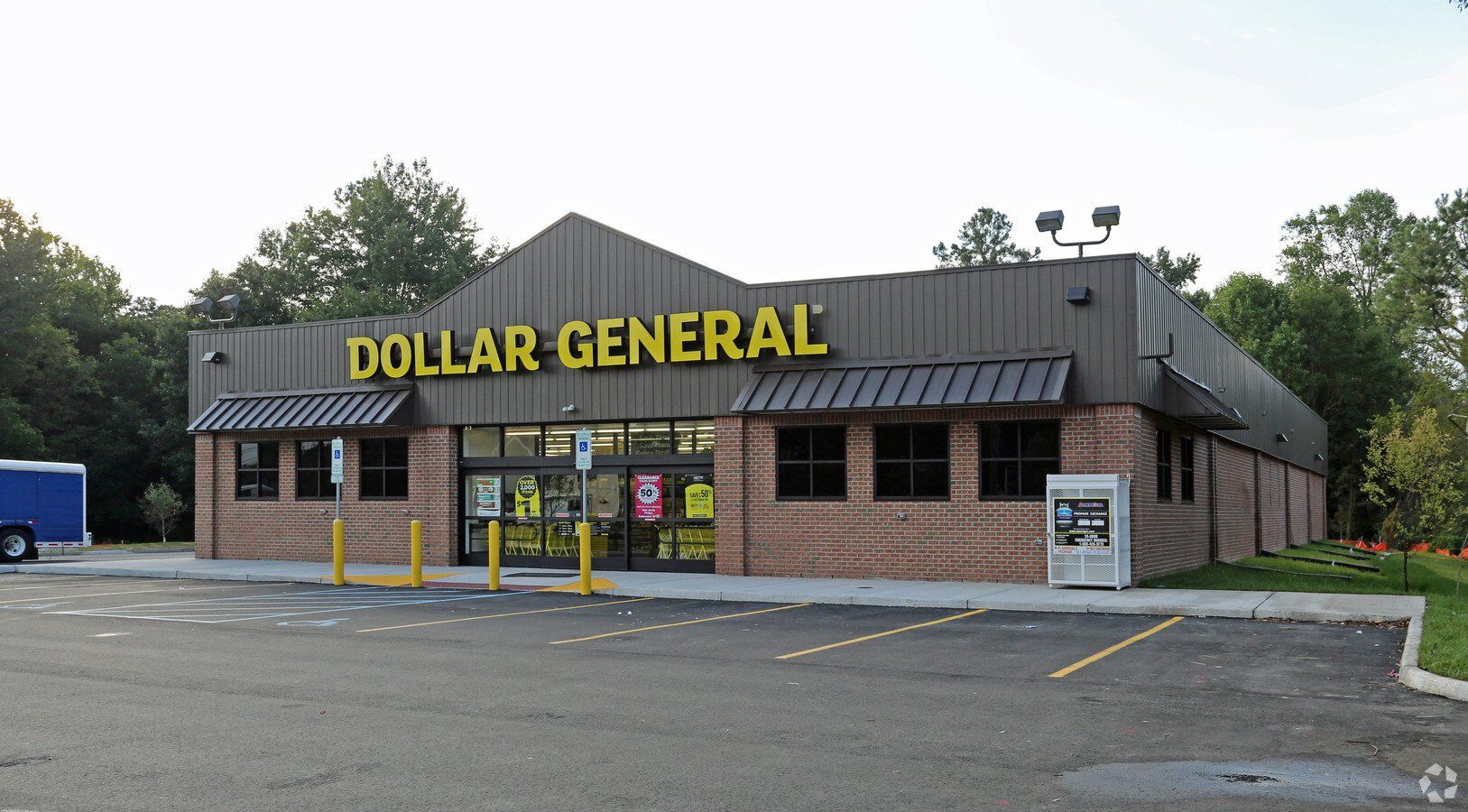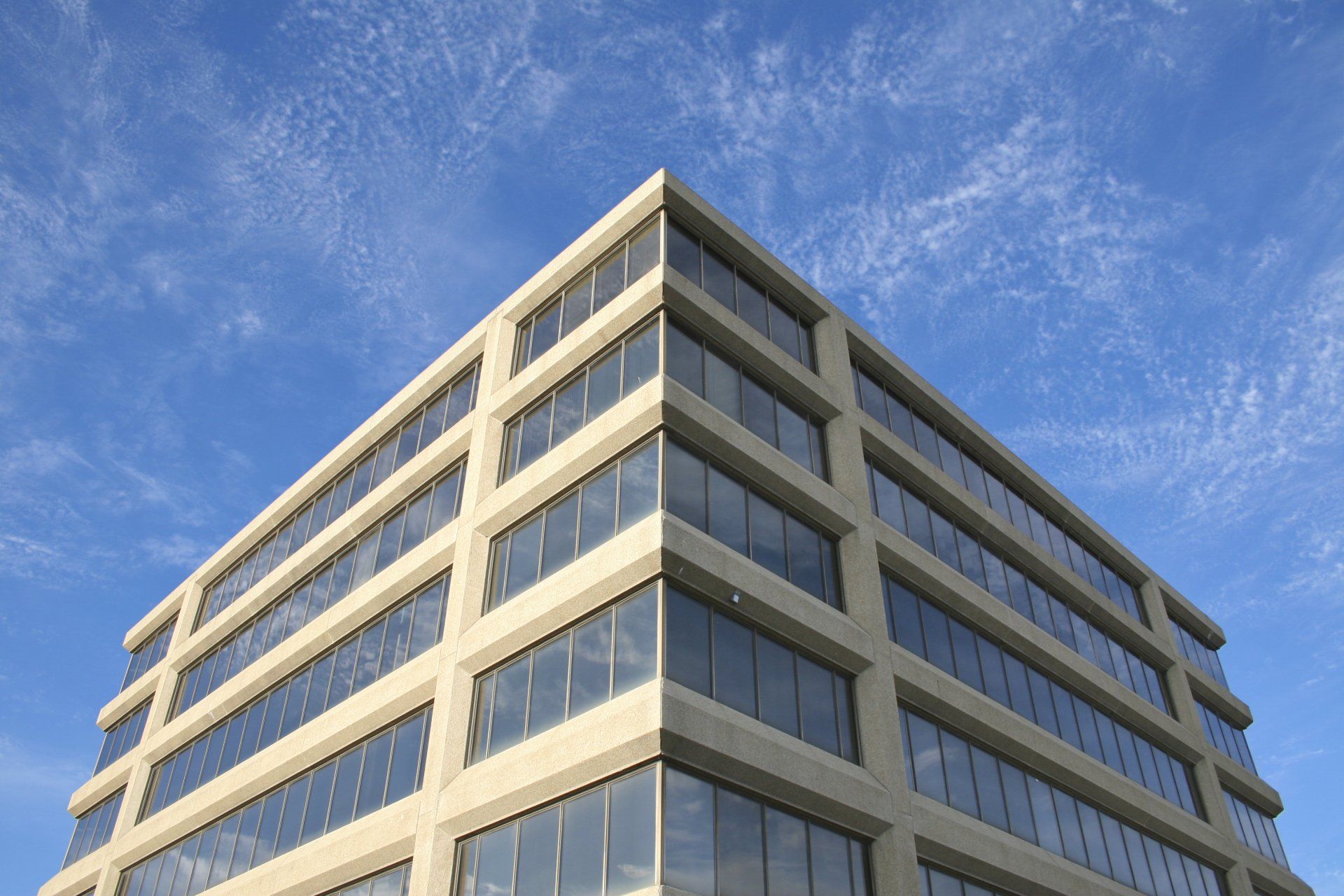
Expert Guidance
Exceptional Outcomes
Does Your Lease Protect You In Case Of Floods Or Other Damage?

It Depends
As I write this article, all eyes are on Houston, Texas and the devastation that Hurricane Harvey has wrought throughout much of the Gulf coast region. Of course, as it should be, our primary attention is on the protection of lives and the health and well-being of the people that are suffering through this terrible tragedy. However, once lives and well-being have been preserved, there is another problem that will be facing the business community. By some industry reports, 27 percent of commercial properties in Houston have been flooded...many of them very badly. When it comes time to "get back to business", many are not going to have offices or retail shops to go back to. Without these businesses, there will be many people that will lose jobs in addition to losing their homes and their possessions.
In case you think that can't happen closer to home, let me remind you that about a year ago Main Street in Ellicott City, Maryland turned into a rushing river and the whole downtown shopping area was devastated. It took many months for the area to re-open, and many of the tenants downtown ended up going out of business and never returned. Unfortunately, flood, fires, and other damage does happen to properties sometimes. Just as unfortunately, most tenants have not protected themselves from unnecessary additional pain in their leases.
Landlords Can Decide to Fix or Terminate
Under the typical damage and destruction clause in a commercial lease agreement, the landlord can decide whether it wants to repair the damage (if it is more than just minor) or whether it wants to terminate the lease altogether. Often, the landlord has a long period in which to make its decision on what it wants to do.
Tenants Wait for the Repairs
If it decides to repair the damage, then the tenant usually has to wait until its premises are ready for occupancy...even if it takes a year or more. It doesn't matter that the tenant has a business to run. It cannot go look for another location (except for something temporary while the landlord restores the building) because it has to re-occupy the premises after the landlord rebuilds/restores the building. In most leases, the tenant of a property has no right at all to terminate its lease in the event of damage or destruction.
Tenants May Need to Pay Rent During Construction
Further, leases often require the tenant to start paying rent again as soon as the landlord restores the base building. It may be that the tenant still has 3-6 months or more of its own work to do on the space after the landlord finishes its work before the tenant can open for business. Nevertheless, it is still required to pay rent during that period of time. Some leases even require the tenant under some circumstances to pay rent through the entire period that the building is damaged and unusable.
You May Be Under-Insured
Lastly, on a related topic, many tenants are either under-insured or completely uninsured for these types of catastrophes. During the Ellicott City flood, I found out that several tenants did not get flood insurance. As such, all of their inventory and furniture, fixtures, and equipment was lost with no reimbursement in sight.
The bottom line is that "damage and destruction" is yet another area where a tenant can suffer severe consequences by not having adequate protections in its lease.
Evan Langert if the Managing Director of The Langert Group, a full-service commercial real estate advisory firm specializing in multi-family & hospitality investments, retail & office sales and leasing, and landlord rep. For more info or to schedule a confidential consultation, visit www.theLangertGroup.com or click here to call us today.
CRE Insights


8455 Colesville Rd, Suite 1150, Silver Spring, MD 20910
8815 Centre Park Dr, Suite 330, Columbia, MD 21045
Contact Us
Copyright 2022 The Langert Commercial Group - All Rights Reserved Accessibility Statement | DMCA Notice | Privacy Policy | Site Design: QualifiedAgent
The Langert Commercial Group is affiliated with Douglas Realty.



